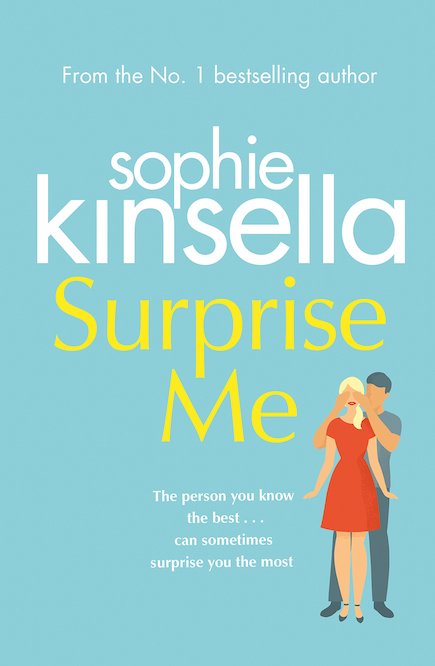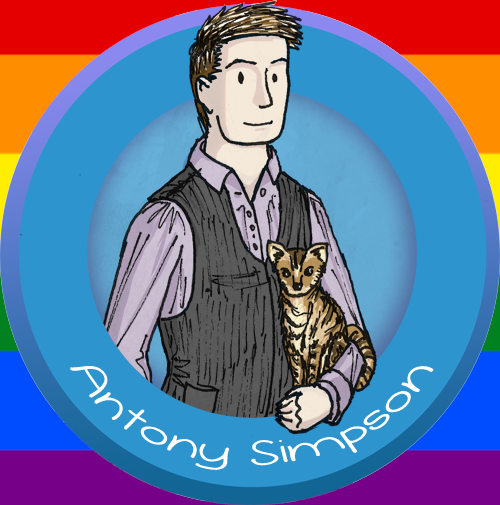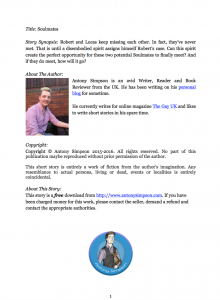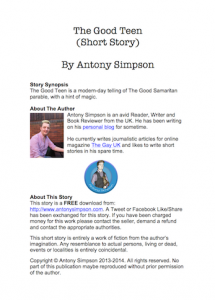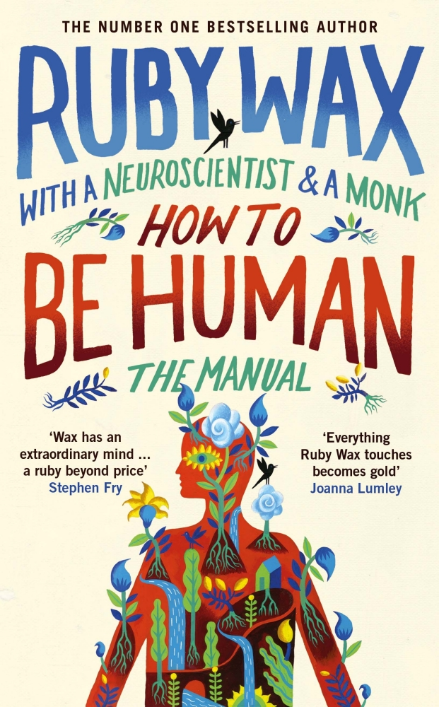Life is a cycle. It has stages or distinct periods, associated with age and these ages are also associated with key events. Everyone who lives a full life cycle will goes through each of these stages. They are:
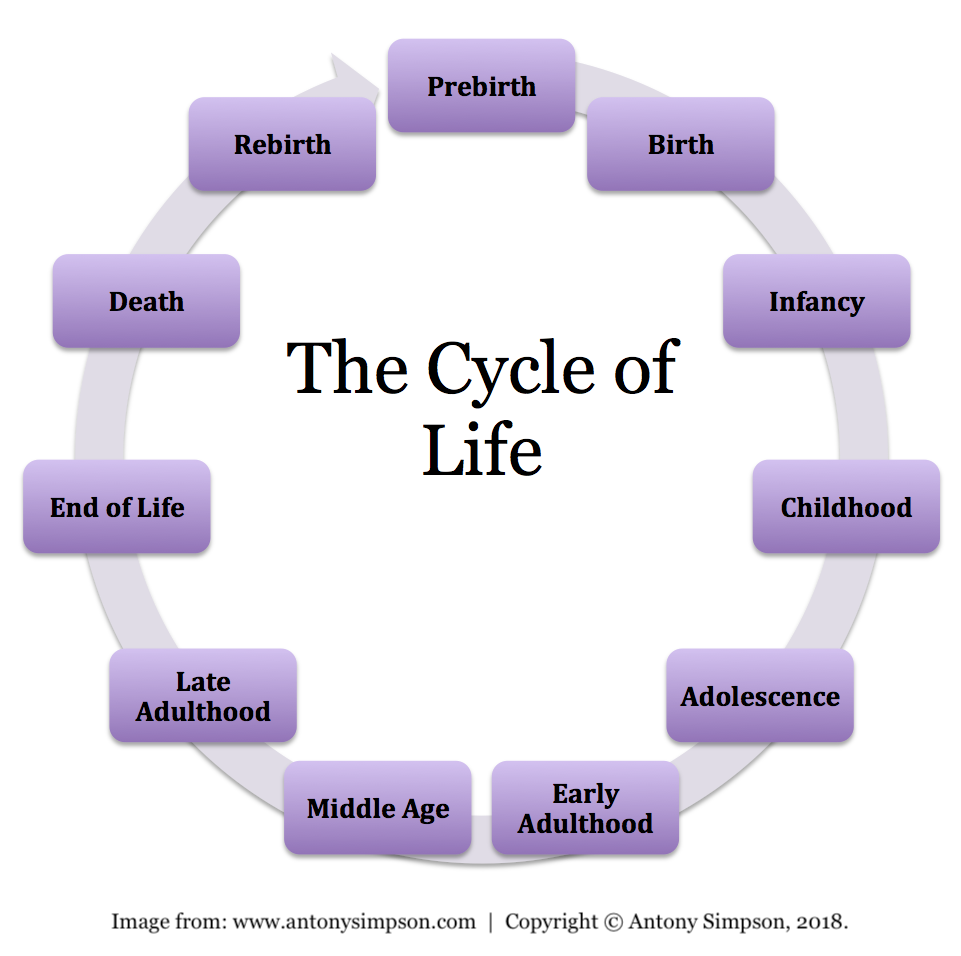
The Cycle of Life Diagram by myself.
Prebirth
There is some debate between Scientists, Doctors, Religious Leaders and Philosophers about when human life actually begins. Some say it begins at conception or fertilisation (generally most Religious Leaders), whereas Scientists and Doctors in the UK state that human life begins once a fertilised egg has implanted its self into the uterus wall, based on medical research and legal judgements.
Whichever you believe to be correct, this stage of life goes from 0-40 weeks. In this time you grow from a single cell into an embryo (from day four of fertilisation to week eight of pregnancy) and then into a foetus (from week eight of pregnancy till birth). Your mother will go through the three trimesters of pregnancy. You will be called a baby from birth.
Birth
You come into this world as a baby that is fully dependent on your mother, father and/or other carers to meet your needs for: milk, hygiene, warmth, sleep, safety, stimulation and love (emotional attachment and bonding). This is a period of rapid physical growth.
By 3-6 months old you will need to be weaned on to solid foods to satisfy your hunger and to give you enough nutrients to continue this rapid period of growth. Between 6-9 months old you will begin exploring your environment by crawling.
By 1 year old you begin to walk and enter into the infancy stage of your life cycle.
Infancy
In this stage you learn through exploration and play. This stage is usually between the ages of 1 to 5.You develop in all sorts of ways including:
- Physically – you continue to grow, develop gross and fine motor skills.
- Cognitively – you develop your ability to solve basic problems and begin to develop your imagination.
- Language – You learn to communicate verbally through speech. You will go from knowing a handful of words to hundreds.
- Socially – You learn to parallel play, share and social rules.
- Emotionally – You learn to identify what you feel and eventually to emotionally regulate yourself.
- Moral – You begin to notice what is perceive as right and wrong.
In infancy, a significant phase for most parents or carers is the terrible twos. To call it the terrible twos is a bit deceptive though, as it starts from around 18 months and can carry on until the infant is 2 and a half years old.
You say ‘No’ often and temper tantrum if you don’t get your way. In the terrible twos you are learning what the boundaries are, what you can get away with and how to regulate your feelings of frustration and anger when you don’t get what you want.
Childhood
Personality begins to develop in childhood, including likes and dislikes. Childhood starts at around 5 years old and ends around 12 years old (its ending being marked by the beginning of puberty – see Adolescence below).
As well as your personality developing, you become much less dependent on your parents or carers for your basic needs. You start structured learning at school, which leads to a more structured way of thinking. But conversely you are able to think abstractly.
You increase the number social relationships you have by making friends. You continue to grow – both physically and intellectually and continue to develop new skills. You may master some of these new skills. You have thing that pique your curiosity and things that don’t. You have passions and interests.
Adolescence
The stage of adolescence or the teenage years starts around 12-13 years old and lasts until around 18-20 years old. The end of childhood and beginning of adolescence is marked by the start of puberty.
In adolescence your body and brain are going through massive changes. These changes mean that you need more sleep and may well be found sleeping in till midday or later.
In the body, high levels of hormones rage creating physical changes, increasing emotional intensity and a fierce need for independence. The emotional intensity explains why you are more likely to be rebellious in your thinking and actions as an adolescent.
If you’re a male physical changes include: body hair grows (public, underarm, facial & legs), voice breaks – becoming deeper, Adam’s apple becomes prominent, acne, penis growth, lowering of testis lower, growing taller and broader.
If you’re female physical changes include: growth of breasts, menstrual cycle, body hair grows (public, underarm & legs), acne, weight gain, change of body shape and growing taller.
In the brain, hormones make you more likely to act on impulse and take risks. This explains why you are more likely to try alcohol and/or drugs in adolescence.
Both the body and brain make you aware of those you feel sexually attracted to. You notice them. You want to get to know them and ultimately you want to have sex with them. You may start to have sexual and/or romantic relationships.
Your thinking is egocentric – you are only or mostly concerned about you. This egocentric thinking explains a lot of your thinking and behaviour including why you are so concerned about how you look.
Puberty takes around 4 years from the early signs to completion. As well as all the puberty changes, you have the pressures of high school including peer groups and exams.

Early Adulthood
18-40 years old is the Early Adulthood stage of the cycle of life. Adults are physically fully grown and must use the life skills that they acquired in earlier stages to fend for themselves. In these few short years a lot happens in life.
You may move out of home, you may go to college and/or university, you may learn to drive a car, you go out into the world of work and start your career, you may make a commitment to a partner through marriage, you may end a relationship through divorce, you may buy your own home, you may have children of your own, you may travel, you may become more involved in community activities.
You feel enthusiastic about making your mark on the world. You continue to develop your passions and interests. Days, months and years pass quickly by at this stage of your life. You have little time to contemplate your life and the past choices you have made that have lead you to where you are.
Middle Age
Contemplation is the keyword in middle age, which starts around 45 years old till around 65 years old. Physical signs of ageing are present and women will have gone through menopause by the end of this stage. People talk about having a midlife crisis in this stage.
You think about your life and if you are happy with it or not. You may feel that your life is stale and stagnant. This contemplation can cause you to make major changes in your life. However you may be perfectly content with your life and choose to continue on without making any major changes.
In this stage of your life you may need to care for your now elderly parents. You will have attended christenings, birthdays, weddings and funerals. You will have met and know people at all stages of the cycle of life.
Late Adulthood
Retirement from work will have occurred by the time a person reaches late adulthood. Late adulthood is a stage for people aged 65-75 years old. By this point they have got a wealth of wisdom as a result of life experiences.
You physically and mentally begin to slow down. You have great wisdom from a lifetime of experience and regularly replay memories from your past.
End of Life
At the end of life the reflection continues. Most people will be 76+ years old. If people are happy with their life, they will feel satisfaction. However some people may have regrets.
People regret things like: not spending enough time with family and friends, not being the best parent/grandparent that they could have been, not having taken enough risks and playing it safe.
You will think about your life. You will ask yourself if you spent enough time with loved ones, if you did good enough, if you’re happy with your life up to now.
Death
According to The Office of National Statistics the average life expectancy for a man is 79 years old and for a woman 83 years old, so death comes between 79-83 years old for most.
Your family and friends will grief for the loss of you in their lives. Hopefully they will celebrate your life as well.
Rebirth
Rebirth hasn’t been scientifically proven at this point. But several religions and spiritual paths believe in reincarnation or rebirth. This is where you would be reborn either as another human or as an animal after death.
Even more fascinating is that some religions and spiritual paths even believe that it is your choice to be reincarnated or remain on an astral/spiritual/energy-based plane of existence.
The Future
A healthier lifestyle including: a good diet, regular exercise, not smoking, not drinking alcohol, not misusing substances, working/living in better environments with conditions that promote good health; along with ever-improving healthcare and technology will extend the life cycles of current and future people.
This extended life cycle will mean that some of the ages people enter the stated stages in this article will be incorrect in the future.
Blog soon,
Antony

